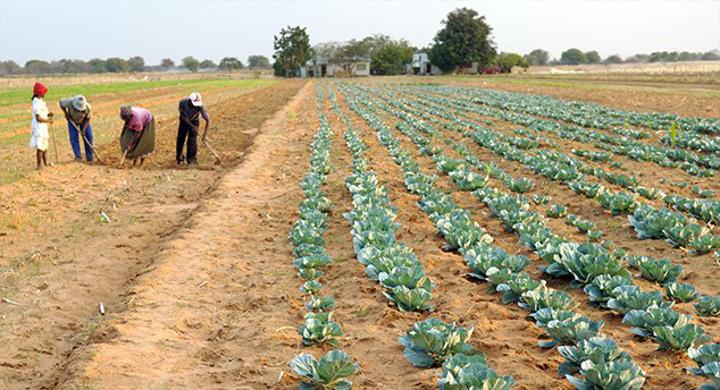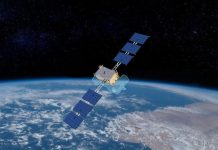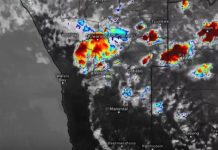Africa-Press – Namibia. The United Nations (UN) Namibia resident coordinator Sen Pang, in a statement released on Monday, said all efforts through various modalities of cooperation, including joint analysis, joint advocacy, capacity building, procurement and delivery of service as well as dialogue, are critical.
He was speaking at the third UN Namibia Sustainable Development Dialogue Series (SDDS) on financing food security with international financial institutions.
“The UN highly values the strengthening of UN country teams with international financial institusions and development partners,” he said.
The SDDS, an initiative of UN Namibia, seeks to foster a multi-sectoral and multi-disciplinary exchange of information on contemporary issues that influence the achievements of sustainable development goals (SDGs).
“There is a need to further our support to the government in absorbing the Covid-19 shock, as well as other ongoing shocks – especially as they impact food systems in Namibia – through joint response and recovery actions while enhancing sustainable development and long-term resilience,” he said.
Pang said UN Namibia is exploring options with international financial institutions on how to unlock financial resources for more dynamic food systems in Namibia.
This SDDS dialogue follows on the Namibia National Dialogues, mobilising support for strengthening the food system in Namibia during this decade of action for the SDGs.
Financing is one of the game changers of the food system in Namibia, and international financial institutions represented at the series included the African Development Bank (AfDB), the World Bank, and the International Fund for Agricultural Development.
The executive director of the National Planning Commission, Wilencia Uiras, said the national food systems summit dialogues will play a vital role in the realisation of Vision 2030’s objectives, emphasising that at the core of this ideal is the promotion and safeguarding of people’s well-being, and improving the quality of the lives of all Namibians.
“The SDDS will play a major role in informing policy directives and prescriptions that will eventually lead to the realisation of Vision 2030 and the SDGs, and all stakeholders are encouraged to continue actively participating on such platforms,” she said.
AfDB representative Neeraj Vij said in alignment with the SDGs the bank is focused on five priority areas: lighting up and powering Africa, feeding Africa, industrialising Africa, integrating Africa, and improving the quality of life for the people of Africa to accelerate Africa’s transformation agenda.
“AfDB is a strong partner for Namibia in its growth, and has 10 ongoing operations with a total commitment of US$807 million. The average age of the portfolio is 3,2 years, including six debt instruments and four grant instruments,” Vij said. The bank aims to materialise its participation with two game-changing solutions.
“The first is a multidonor-funded facility to provide catalytic financing for high bank agrifood small and medium enterprises, and the other is a facility for financing food and nutrition security in Africa to scale food production technologies and extend advisory services, promote access to markets, and to develop wholesale markets, hard and soft market infrastructure, better logistics, food safety, and agriculture research and development.”
Meanwhile, the World Bank says financing is required to deliver high-performing, equitable food systems. “There is an urgent need to curb US$12 trillion hidden social, economic, and environmental costs. There is a need to unlock US$4,5 trillion in new business opportunities, recovery from Covid-19 through sustainable livelihoods, zero hunger, protected nature, and climate resilience,” World Bank representative Marie Francoise Marie-Nelly said.
She said although ending hunger by 2030 could cost approximately US$160 billion per year, the costs of not acting are much more. Email: [email protected]
For More News And Analysis About Namibia Follow Africa-Press






